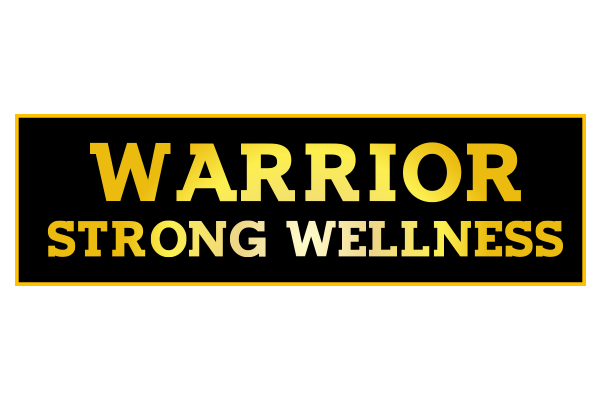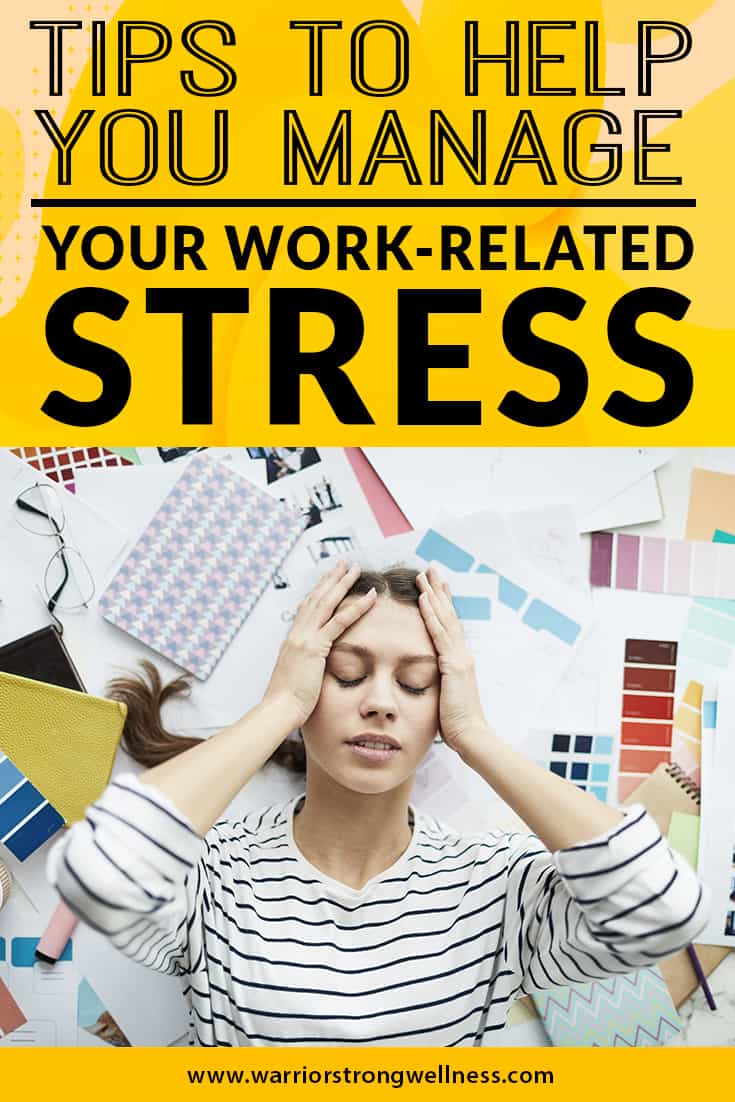Work-related stress can be at the heart of many modern health problems. It can affect everything from our performance at work to our relationships. What exactly are the symptoms of having too much work stress? If you find that you are overly stressed, how can you manage it? Could finding the best ashwagandha supplement assist you since this adaptogen is known to combat stress hormones? Let’s take a closer look at how to manage the work-related stress that we all have to deal with in this modern world.
Work Stress: How Much Is Too Much?
First of all, it is essential to remember that not all stress is bad. When your company’s chance at landing a big deal hinges on your performance in the pitch meeting, you should feel a little stressed. That shows that you realize what you are doing is crucial. It will help you to perform better.
However, when stress is a daily occurrence at work, and you can never catch a break, it can start to result in health problems. Those same hormones that help you perform at your peak level in a pinch can now start to wear you out physically and mentally. We simply are not meant to be in a stressed state at all times.
What are some indicators that your stress levels have gone from helpful to self-destructive?
Symptoms of Chronic Stress
According to the Mayo Clinic, symptoms of stress break down into three categories.
- Physical Symptoms – Chronic stress can affect your sleep pattern. It can also lead to tense muscles, pain, and headaches. Fatigue, upset stomach, and chest pain may also occur. Finally, some people see their sex drive lessen when they are overly stressed.
- Mental Symptoms – Anxiety and depression are common among those dealing with chronic stress. You may also find that you lack the ability to focus or stay motivated, both of which can impact your work. Feeling overwhelmed and hopeless can add to the other mental effects. Additionally, you may be easily irritable, which can make you difficult to deal with both at work and home.
- Behavioral Symptoms – Some people eat more when they are stressed out and others eat less, so sudden dietary changes in either direction can be a symptom. Others give in to bad habits to relieve stress, such as drug and alcohol abuse or tobacco use. Because you may be prone to angry outbursts, there is also a tendency to withdraw from others socially to protect your relationships or shield others from your behavior. Additionally, stressed individuals tend to break good habits such as regular exercise and healthy eating.
You can see how many of these symptoms can affect your work and relationships, thereby increasing stress levels further. So it would be best if you found positive, healthy ways to break the cycle.
How Can You Combat Work-Related Stress?
It can be challenging to leave work stress at work, especially now that many of us are working from home. How can you separate your work life and your personal life? Are there some ways to unwind after a tough workday? Here are a few tips to help you cope.
- Leave work at the office – This is true even if your office is in the house. Have set hours that you work. When the workday is over, shut down your computer. Don’t check your work email unless you are involved in an urgent project. And don’t classify everything as urgent. Going back to work after the workday is over should be rare rather than the norm.
- Unwind with some meditation – Separate the workday and your personal life with a brief mediation period. You can do some stretching, breathing exercises, or just focus on positive things in your life. It doesn’t have to be an extended period. 10-15 minutes may give you what you need to transition from work stress to private relaxation.
- Focus on family and friends – Social activities will separate your personal time from your work time. Try to focus on being present when associating with friends and family, even if it is over the phone or through videoconference. Shut off your notifications so you are not distracted.
- Get some exercise – Exercise creates the positive hormones and chemicals in the body that combat the adverse physical and mental effects of chronic stress. Make times for daily exercise, even if you don’t feel like it. Tabata is one way to get an intense workout in under 15 minutes.
- Set aside “me time” – Whether you take up a hobby or read a book in the bathtub, set aside some time each week for yourself.
What else may support your lifestyle changes?
The Best Ashwagandha Supplement for Stress Relief
Research shows that taking an ashwagandha supplement can actually reduce stress hormones in the body. It only takes 60 days to get significant results. Therefore, this is the perfect counterpart to the lifestyle changes that you can start making right away. Before long, you may find yourself with your work stress under control, and that can make a huge difference in your work performance, your relationships, and even your physical health. Where can you find the best ashwagandha supplement?
Warrior Strong Wellness is proud to offer our Pure Organic Ashwagandha Max to compliment your stress reduction efforts. Designed for easy absorption, it is the side-effect-free way to give your body the support it needs for coping with the stressful modern workplace.



